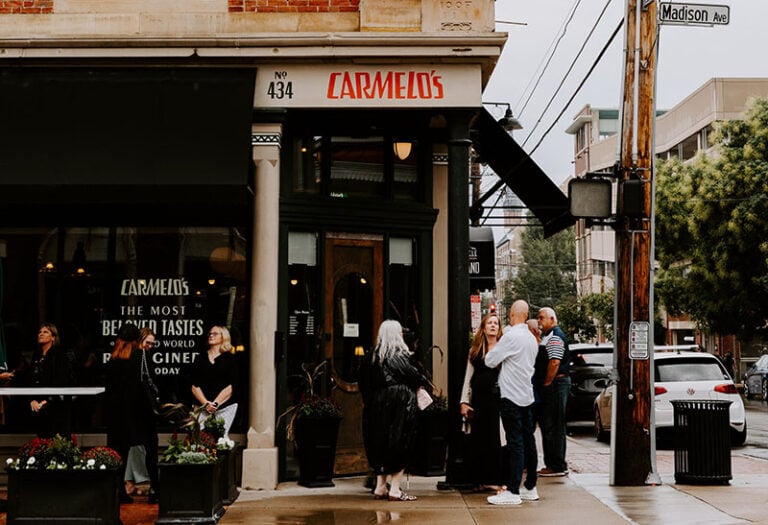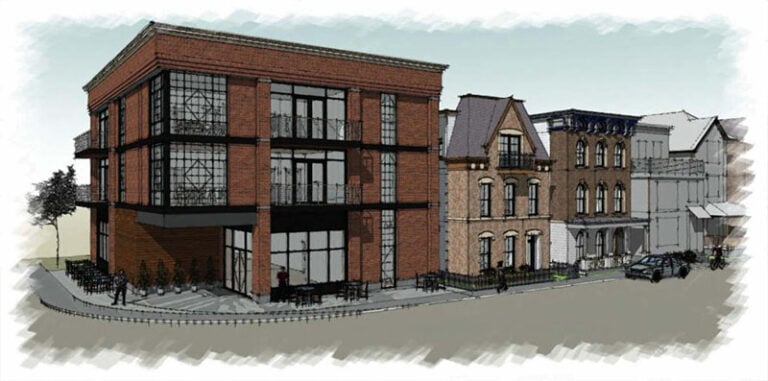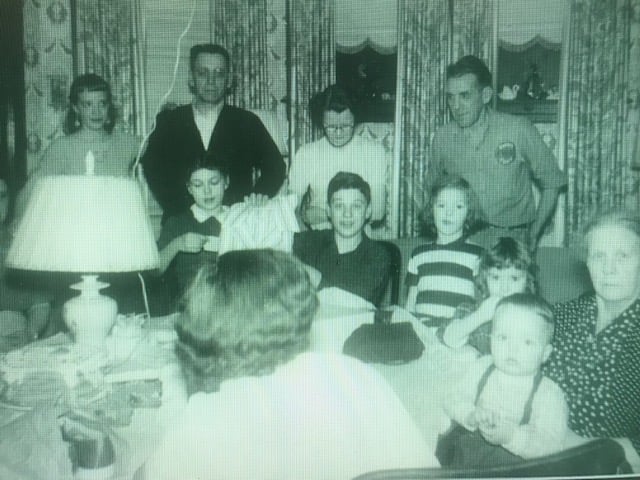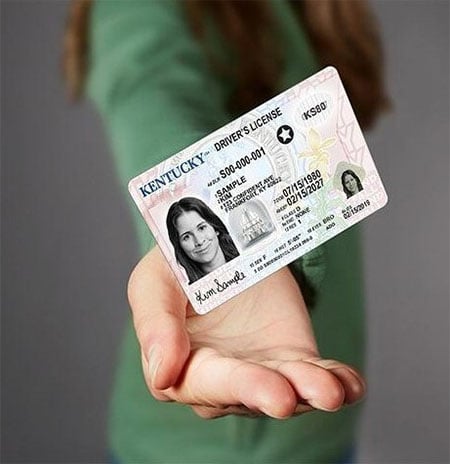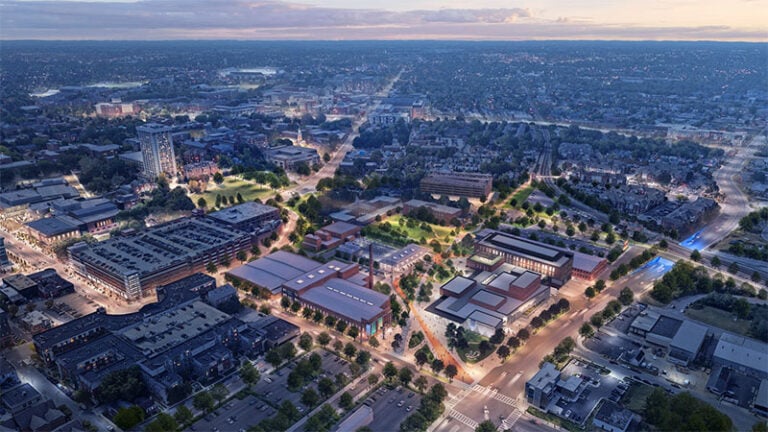House Speaker Mike Johnson, one of those devout Christians who believes it’s okay to lie in service to President-cum-Dictator Donald Trump, wants you to believe he’s trying desperately to throw a lifeline to America’s beleaguered rural hospitals but those durn Democrats just won’t let him.
The Louisiana Republican has refused to budge in an interminable face-off with opposition Democrats over health care and the budget. The showdown has resulted in an inability to pass a temporary spending measure for the current fiscal year, thus leading to a shutdown of the federal government, now in its third week.
Just to recap, the nation is in this position because Congress, dominated by Republicans in both the House and Senate, have proved, yet again, unable to pass any of the 12 appropriations bills that comprise the budget, leading Johnson and his cohorts to seek a continuing resolution to keep the government funded under the old spending package until Nov. 21. At which time it’s expected lawmakers will go through this charade again, handling federal finances like a fraught gambler seeking to continue his losing ways through the services of loan sharks.
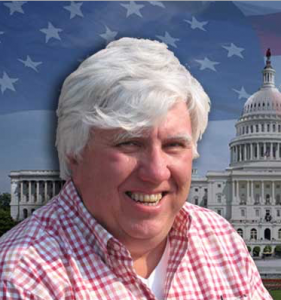
Among the pawns in this little game are the nation’s rural hospitals, some 1,800 strong, many of whom are operating on the edge regardless of the federal government’s status. Between 2005 and 2023, 146 either closed or converted to non-acute care facilities, primarily because of financial distress. Then earlier this year, as if matters weren’t bad enough, Congress passed, and Trump signed, what is ironically titled the One Big Beautiful Bill, which extended tax cuts adopted during Trump’s initial tenure, while slashing almost $1 trillion from the Medicaid program to help offset the lost income.
As a result, the Kaiser Family Foundation has determined that federal Medicaid spending in rural areas will be cut by $137 billion over the next 10 years.
And what state is likely to be the hardest hit over that time? Kentucky, of course, which stands to lose $10.92 billion. Overall, according to Kaiser, the Commonwealth stands lose $21 billion in total Medicaid revenue, rural and urban.
Numbers from the Kentucky Center for Economic Policy are even more sobering. It estimates $12.3 billion in Medicaid cuts for rural Kentucky over the next 10 years — more than any other state.
Before we get too bogged down, remember that every Kentucky Republican in the House and Senate, save for Sen. Rand Paul, R-Bowling Green, voted for a tax cut that favors the wealthy while simultaneously picking the pockets of those on Medicaid, which will reduce the number of folks receiving health insurance under the program by a cool 8.6 million people nationwide, according to the Congressional Budget Office, with millions more adversely affected.
The Kentucky Center for Economic Policy estimates 210,000 folks in the Commonwealth will lose Medicaid coverage under the plan.
Paul, by the way, supported the tax cuts but opposed the bill because it didn’t cut spending sufficiently. So, remember all that when these ‘jamokes’ tell you how much they want to help those on Medicaid and save rural hospitals.
Now, rural hospitals aren’t known as big money-makers. Almost half of the facilities proved unprofitable in 2023, the last year figures were available. The Medicaid cuts are therefore expected to lead to even greater financial insecurity since they are heavily reliant on Medicaid payments to keep them afloat.
Kentucky is among those expected to be heavily hit. The state currently features, according to the Center for Healthcare Quality and Payment Reform, 71 rural inpatient hospitals. Of those, 18 are at risk of closing. Six of them face possible immediate shuttering. Most of the at-risk facilities “are small rural hospitals located in isolated communities where loss of the hospital will severely limit access to health care services,’’ possibly affecting millions of people.
The Center said 15 rural hospitals in Kentucky that most recently experienced negative total margins are Fulton, Pineville, Irvine, Carlisle, Madisonville, Shelbyville, Albany, Manchester, Owenton, Mount Sterling, Marion, Burkesville, South Williamson, Campbellsville and Russellville. They, obviously, need the Medicaid money to keep their heads above water.
The Center reports:
Small rural hospitals are struggling to survive and rural communities are being harmed. The majority of small rural hospitals are losing money delivering patient services. More than 100 rural hospitals have closed in the past decade, and most of these were small rural hospitals. In most cases, the closure of the hospital resulted in the loss of both the emergency department and other outpatient services, and residents of the community must now travel much farther when they have an emergency or need other healthcare services. This increases the risk of death or disability when accidents or serious medical conditions occur, but it also increases the risk of health problems going undiagnosed or inadequately treated due to lack of access to care.
Given all that, Senate Democrats are seeking to reverse the Medicaid cuts imposed earlier this year by refusing to go along with supporting the Republican continuing resolution. Congressional Republicans, led on a leash by Trump, remain steadfast against considering the Democrat demands, insisting they won’t consider reviving the anticipated funding until the government is back in business.
That has predictably resulted in a stalemate.
Johnson, who is so in over his head as Speaker of the House he can see the soles of people’s shoes, is insisting that it’s really the Republicans who love rural hospitals and the Democrats are the ones forcing them to close.
In fact, Johnson said during a Capitol Hill press briefing, that Democrats are trying to kill $50 billion inserted into the One Big Beautiful bill specifically targeted to aid rural hospitals.
“They would repeal, they would take away, the $50 billion we put into the law to support rural hospitals,’’ Johnson said. “They would remove that.’’
Johnson, of course, is offering a sleight of hand. Yes, Democrats would remove the $50 billion. But under their proposal it would restore the slashed funding enacted under the One Big Beautiful bill, amounting to about $137 billion, according to an estimate produced by the Kaiser Family Foundation.
So, the $50 billion for rural hospitals in the GOP tax will amount to far less than half of the funds in the Democratic restoration. It should be noted that the $137 billion is total rural health care, not just money destined to hospitals. But analysts maintain the hospitals will still be widely shortchanged under present conditions. And rural residents will still face extreme cuts if the funding isn’t returned.
Johnson isn’t the only one playing games. Health and Human Services Secretary Robert Kennedy Jr., and there’s a winner for you folks, praised the $50 billion as “an infusion of cash’’ that will “restore and revitalize’’ rural communities.
Yeah, you bet.
When the next small town country hospital poses a “Closed for business’’ sign, remember who to thank.











